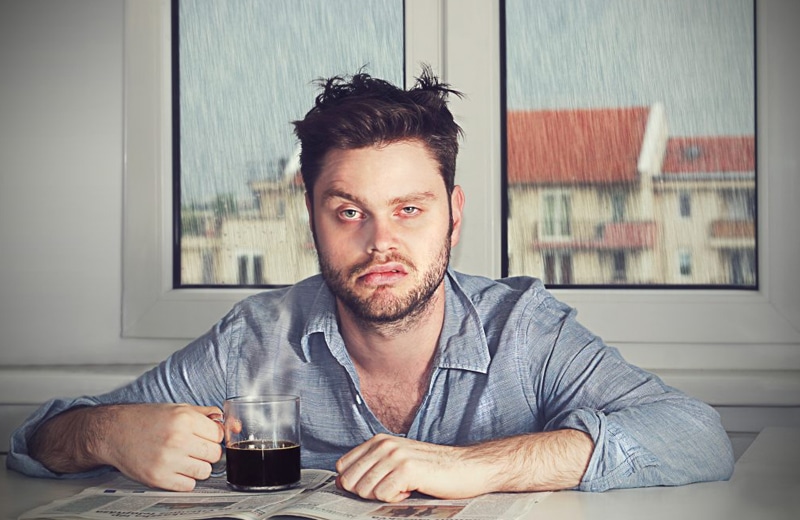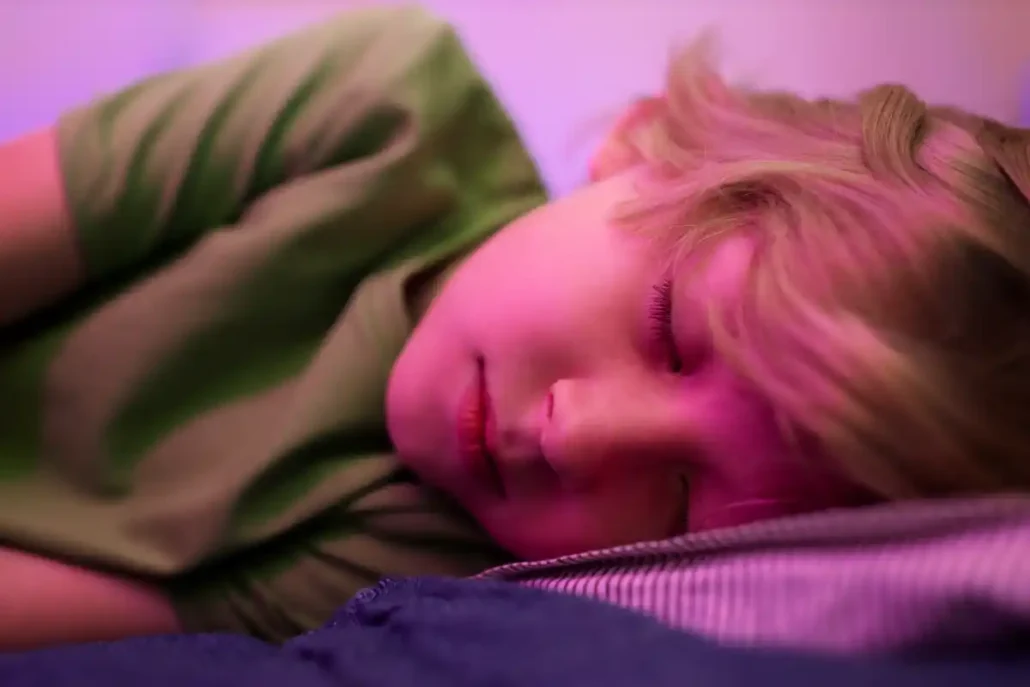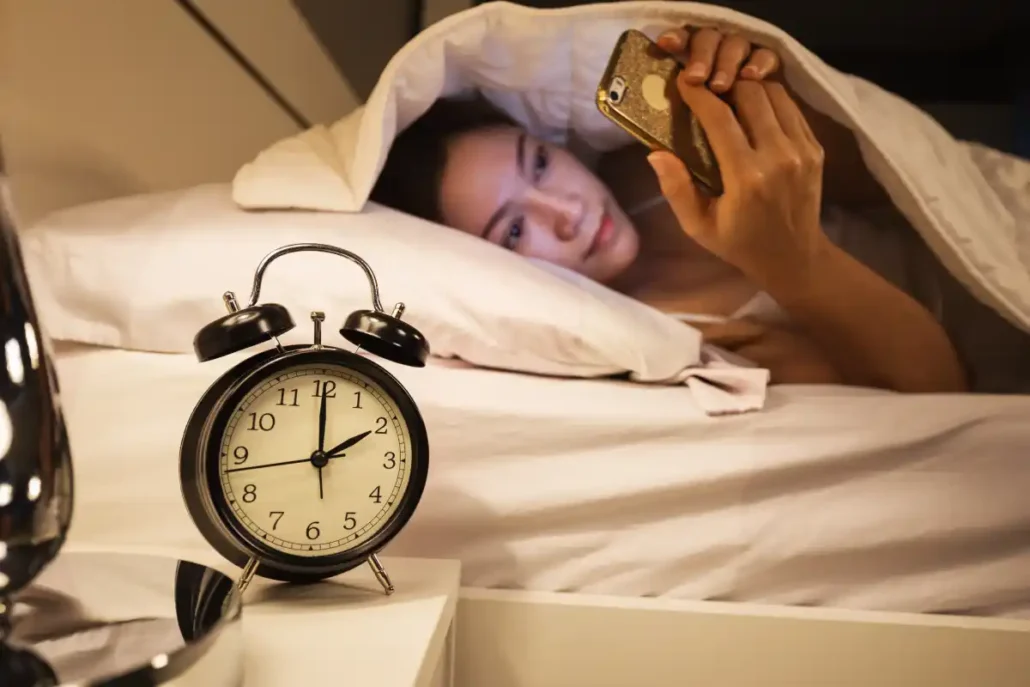
You know the feeling. Your alarm goes off, you (yawn) force yourself out of bed, and you spend the rest of the morning in a (yawn) complete fog. It’s a struggle just to (yawn) keep your eyes open, let alone (yawn) focus on anything.
You’re not alone. In research conducted by YouGov, 40% of Americans say they wake up feeling poorly rested at least once a week.
So, let’s talk about ways to minimize the chances of feeling like you need to crawl back under the covers the minute you get out of bed.
You’re Not Getting Enough Sleep
If you wake up feeling tired, you might actually BE tired. Simple, but true. What you think is sufficient time for a restful sleep may simply not be enough.
A joint statement by the American Academy of Sleep Medicine and Sleep Research Society recommends that adults between the ages of 18-60 get a minimum of 7 hours of sleep per night for optimal health. But the latest Gallup Poll reveals that nearly half of all Americans (42%) report getting less than that amount.
Many of us don’t make sleep a priority. Only 26% of Americans would choose sleep if given an extra hour in the day. – Better Sleep Council Survey, 2017.
So, tell Alexa to remind you it’s bedtime or set an alert on your daily calendar. Your goal is to establish a routine where you go to bed at approximately the same time every day – a time that allows for 7+ hours of sleep – so your body and brain both get in the habit of turning down at the same time you need to.
You May Not Be Getting Good Sleep, Either
You may not realize that you go through four different stages during sleep. (You’re asleep, how would you know?) Stage 3, also called slow-wave sleep, is the deep sleep you need to feel refreshed in the morning. In this stage, your heart and breathing rates drop to their lowest levels, your muscles relax and your brain wave activity slows down.
Some major restorative functions of the body and brain, including muscle growth, tissue repair and glucose metabolism, happen only during deep sleep. – Harvard Medical School, Division of Sleep Medicine
Unfortunately, many things can disrupt your sleep cycle and rob you of that precious deep sleep: your bed partner, noise, light, a room that’s too hot, an old mattress or pillow, and that recurring nightmare where you’re stranded in the Fresno airport with your boss that wakes you up in a cold sweat. Truly frightening. But if you practice good sleep hygiene and set up your bedroom to promote sleep quality, you’ll do your part to get the best rest you can.
[av_sidebar widget_area=’Quiz Banner’ av_uid=’av-2ad5hk’]
You Snooze? You Lose.
That buzzing, beeping alarm may feel like your mortal enemy, but the snooze button is really the one plotting against you. When you wake up, your brain shuts off melatonin (your sleep hormone) production and boosts cortisol (a natural steroid) output. This hormonal switchover gets you up and going. When you hit the snooze button more than once, the process goes awry. Your body gets confused as to which mode you should be in, which leads to a prolonged half-awake, half-asleep state.
To break the snooze habit, try setting your alarm for just 10 minutes later and putting your alarm clock across the room so you’re forced to get out of bed to turn it off.
You Might Need to Be More Active
When you’re already feeling tired, exercise isn’t the first thing you think of doing. (Is it ever?) But research shows a correlation between exercise and sleep.
One study conducted by the National Center for Biotechnology Information showed that a 4-month exercise regimen led to significant improvements in both sleep efficiency and sleep duration for adults diagnosed with chronic insomnia. Conversely, several studies have found that adults with poor sleep are less active than peers who have no sleep complaints.
So, consider a morning run or an early yoga class. Moving can help to re-energize you when you feel tired. Then, remember to step away from those screens and get up throughout the day. Over time, regular exercise can lead to getting a better night’s rest.
You’re Eating All Wrong
Let’s dish about food and sleep. Eating a healthy, balanced diet can work wonders in lots of ways, including helping you fight fatigue. That’s probably not surprising. But beyond what you eat, there are also a few strategies you can employ around when you eat:
- Cut off the caffeine. International Coffee Day is September 29, yet many of us celebrate the wonders of coffee 365 days a year – especially for that morning caffeine boost. But beware. Caffeine can linger in your system long after you consume it. Try to avoid coffee and other forms of caffeine after lunch to be sure you’re not sabotaging your nightly sleep.
- Don’t skip breakfast. After hours of sleep, your body needs energy intake to tackle the day. Plus, mild dehydration could be the culprit of the fatigue you feel in the morning. Kick off the day with a tall glass of water followed by a nutritional meal.
- Dine with the early birds. It takes about three hours for your stomach to empty after a meal. Try leaving at least that amount of time between dinner and lying down to reduce the chances of having acid reflux or heartburn disrupt your sleep.
Or is it something else?
If none of these strategies seems to be helping, consult a sleep professional to ensure your morning grogginess isn’t a result of a more serious sleep disorder like sleep apnea, narcolepsy or insomnia.
Buying a mattress that matches your sleep preferences can also go a long way toward improving your sleep, so you’re not groggy in the morning. Take our Better Bed Quizzz so you can shop for one with confidence.
It is normal to yawn when you wake up in the morning – just not all day. Learn why you might be waking up still tired from @BetterSleepOrg so you can get #bettersleep. #BSCSleepTipsSources:
- https://today.yougov.com/topics/lifestyle/articles-reports/2015/06/02/sleep-and-dreams
- https://aasm.org/resources/pdf/pressroom/adult-sleep-duration-consensus.pdf
- https://news.gallup.com/poll/181583/getting-sleep-linked-higher.aspx
- https://www.ninds.nih.gov/Disorders/Patient-Caregiver-Education/Understanding-Sleep
- https://www.ncbi.nlm.nih.gov/pmc/articles/PMC4341978/
- https://www.menshealth.com/health/a19546442/snooze-button-sleep-problems/
- https://www.scientificamerican.com/article/caffeine-disrupts-sleep-f/
- https://www.medicalnewstoday.com/articles/320800.php
- https://www.sciencealert.com/here-s-why-you-should-never-eat-right-before-bed
- http://healthysleep.med.harvard.edu/healthy/matters/benefits-of-sleep/why-do-we-sleep
This blog provides general information about sleep and sleep products. The words and other content provided in this blog, and in any linked materials, are not intended to replace a one-on-one relationship with a qualified heath care professional. This blog should not be construed as medical advice or used to diagnose, treat, prevent or cure any disease or condition. If the reader or any other person has a medical concern, he or she should consult with an appropriately-licensed physician or other health care professional. This blog is not a substitute for professional medical advice, diagnosis or treatment, and should not be relied upon to make decisions about your health or the health of others. Never disregard professional medical advice or delay in seeking it because of something you have read on this blog or elsewhere on bettersleep.org. If you think you may have a medical emergency, immediately call your doctor or dial 911.



